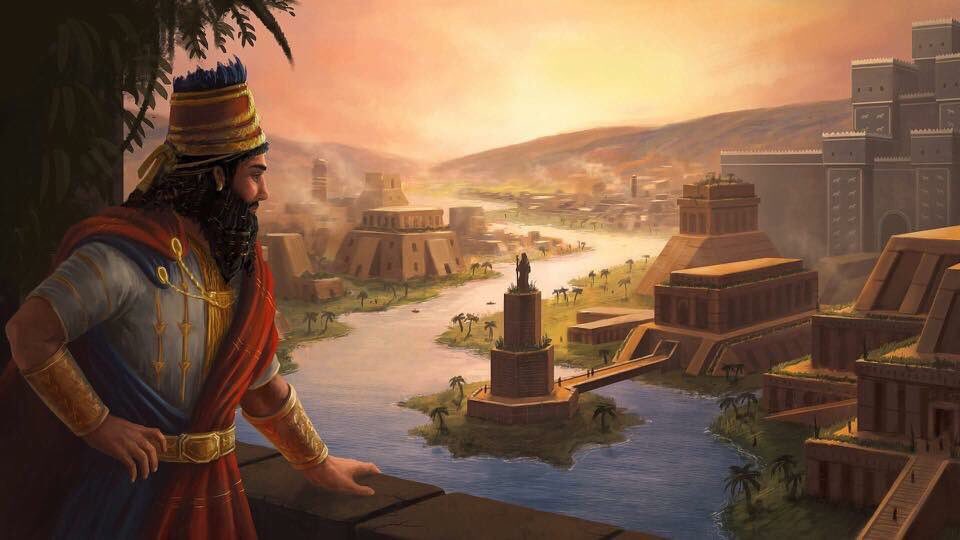
Dear #Semitics folks.
I’d be grateful for some help with some nominal patterns.
Hebrew has a whole bunch of qiṭṭēl-shaped adjectives which describe physical conditions, often defects.
Examples include pissēaḥ = ‘lame’,
gibbēaḥ = ‘bald’,
ḥerēš = ‘deaf’,
I’d be grateful for some help with some nominal patterns.
Hebrew has a whole bunch of qiṭṭēl-shaped adjectives which describe physical conditions, often defects.
Examples include pissēaḥ = ‘lame’,
gibbēaḥ = ‘bald’,
ḥerēš = ‘deaf’,
ʔiṭṭēr = ‘left-handed’,
ʕiwwēr = ‘blind’,
piqqēaḥ = ‘well-sighted’, and
gibbēn = ‘hump-backed’.
Quite a few more turn up in Mishnaic Hebrew, e.g.,
qiṭṭēaʕ = ‘without a hand/foot’,
giddēm = ‘without a hand’,
ṣimmēaʕ/ṣimmēm = ‘with misshapen ears’,
ʕiwwēr = ‘blind’,
piqqēaḥ = ‘well-sighted’, and
gibbēn = ‘hump-backed’.
Quite a few more turn up in Mishnaic Hebrew, e.g.,
qiṭṭēaʕ = ‘without a hand/foot’,
giddēm = ‘without a hand’,
ṣimmēaʕ/ṣimmēm = ‘with misshapen ears’,
ʕiqqēl = ‘clubfooted’, and
ḥiggēr = ‘lame’.
These sorts of conditions/defects form a well known type of personal name/nickname, which is attested all over the ANE.
ḥiggēr = ‘lame’.
These sorts of conditions/defects form a well known type of personal name/nickname, which is attested all over the ANE.
Oddly, however, in the case of Hebrew PNs, the relevant names--with one exception (ʕiqqēš)--all have an initial /a/ vowel and lack a doubled middle radical,
hence we have the PNs ʔĀṭēr (rather than ʔiṭṭēr),
Gārēb = ‘leprous’ (rather than *gērēb),
hence we have the PNs ʔĀṭēr (rather than ʔiṭṭēr),
Gārēb = ‘leprous’ (rather than *gērēb),
Pāsēaḥ (rather than pissēaḥ), and
Qārēaḥ (rather than qērēaḥ).
Huehnergard thinks Hebrew lexical forms such as ʔiṭṭēr and pissēaḥ derive from a Proto-Canaanite *qattil pattern.
Qārēaḥ (rather than qērēaḥ).
Huehnergard thinks Hebrew lexical forms such as ʔiṭṭēr and pissēaḥ derive from a Proto-Canaanite *qattil pattern.
Fox files them under Proto-Semitic *qattil/*qattul.
Semantically, the pattern they strike me as most akin to is the Akkadian purrus pattern, which lies behind:
‘crippled’ words such as ḫummuru, kubbulu, kuṣṣuṣu, pussulu, and uṣṣulu
Semantically, the pattern they strike me as most akin to is the Akkadian purrus pattern, which lies behind:
‘crippled’ words such as ḫummuru, kubbulu, kuṣṣuṣu, pussulu, and uṣṣulu
‘bald’ words such as burrušu(m), gubbuḫu, and qarruḫu,
a ‘lame’ word (tubbuku), and
‘blind’ words such as ḫuppudu, nuppulu, and uppuṭu.
a ‘lame’ word (tubbuku), and
‘blind’ words such as ḫuppudu, nuppulu, and uppuṭu.
I’d be grateful for ideas as to how to put some of these observations together, particular in terms of the Hebrew personal names.
In general, I’d expect names to preserve older forms of words.
And, if a change such as pasēaḥ to passēaḥ took place, then I can see how pissēaḥ could arise.
And, if a change such as pasēaḥ to passēaḥ took place, then I can see how pissēaḥ could arise.
But I’m not sure why such a change would take place, and the comparative evidence suggests the doubled middle radical is very early anyway.
Paging @drchiphardy, @bnuyaminim, @lettlander, @K_L_Phillips.
Paging @drchiphardy, @bnuyaminim, @lettlander, @K_L_Phillips.
• • •
Missing some Tweet in this thread? You can try to
force a refresh










